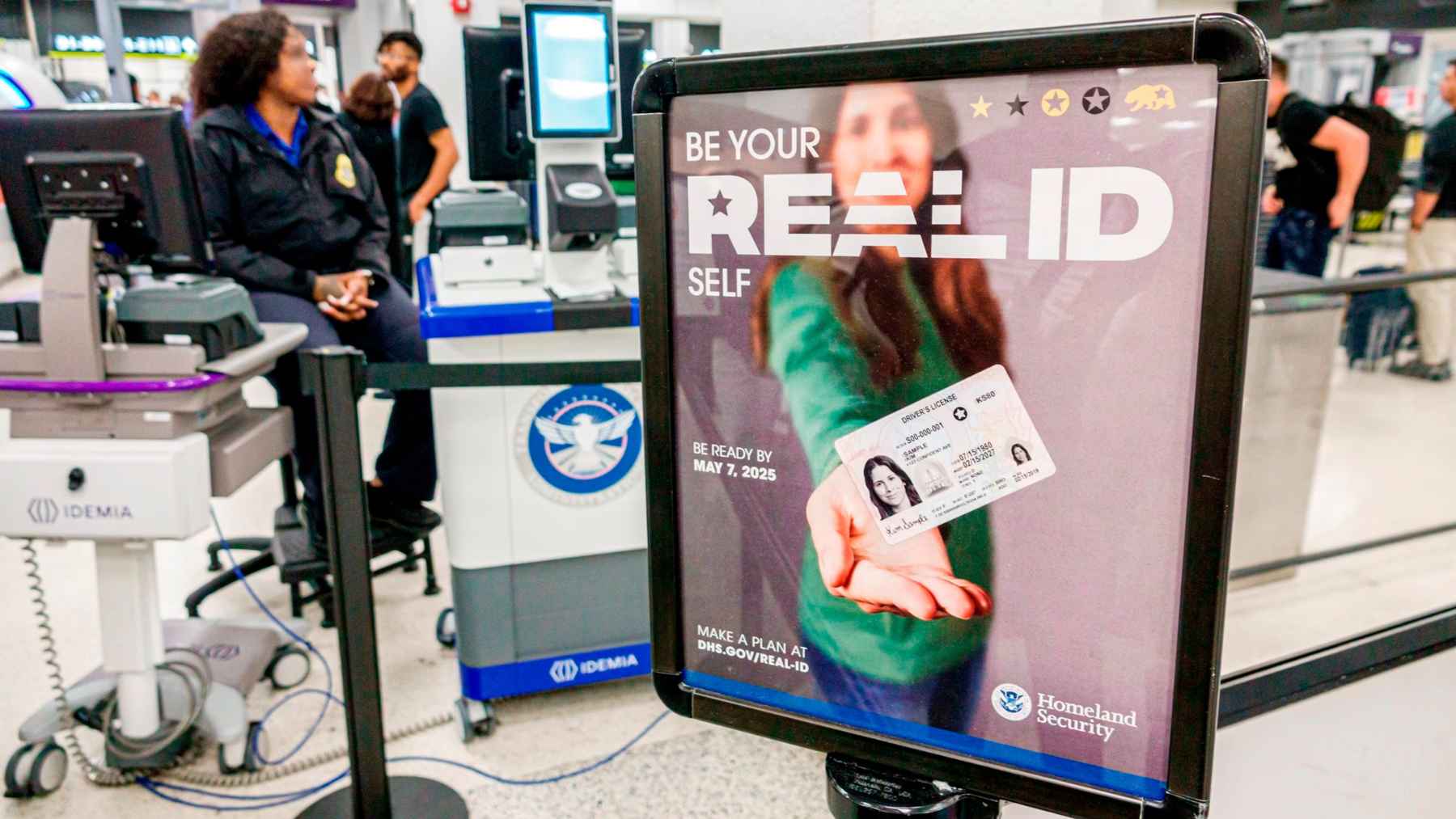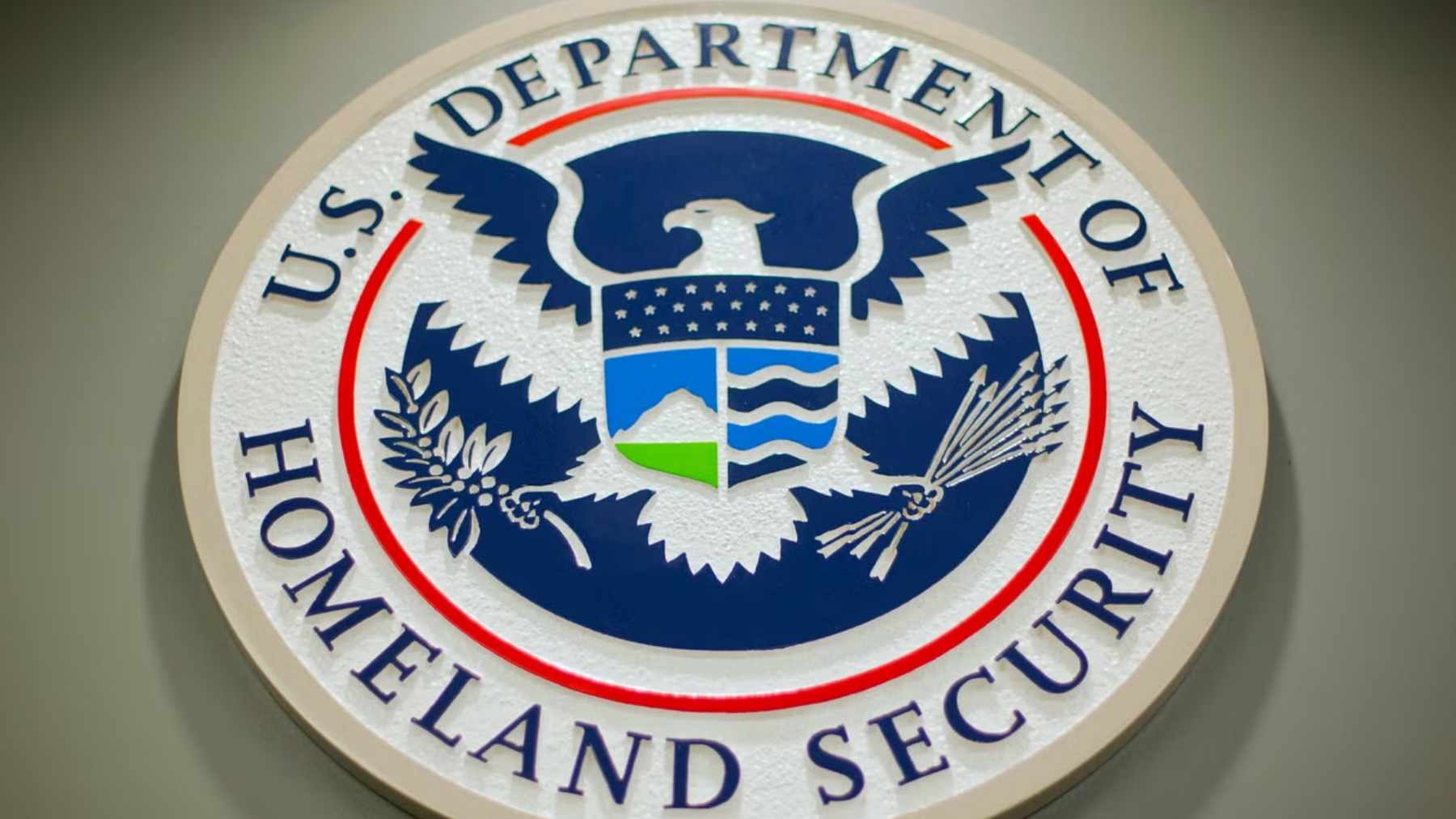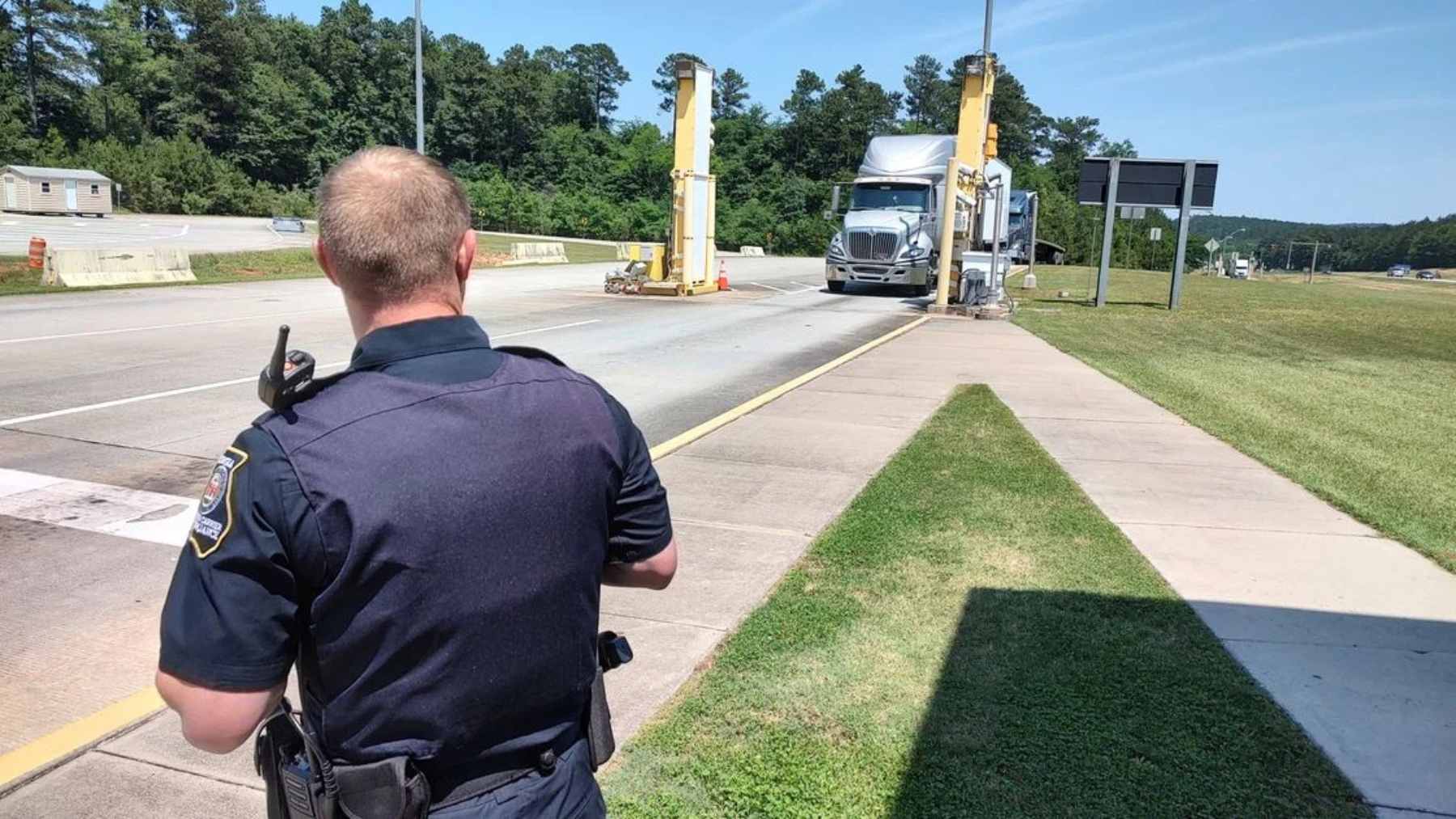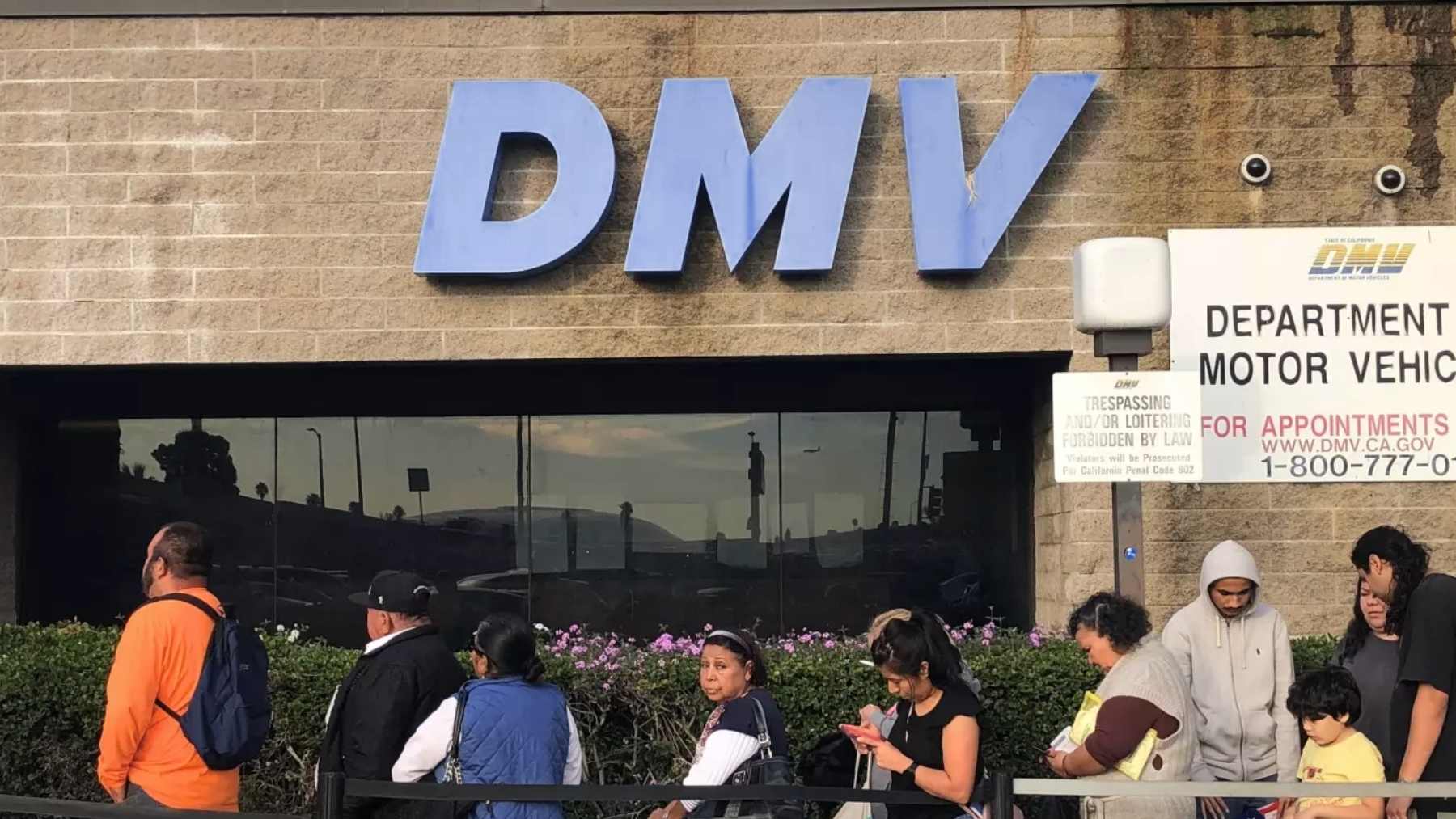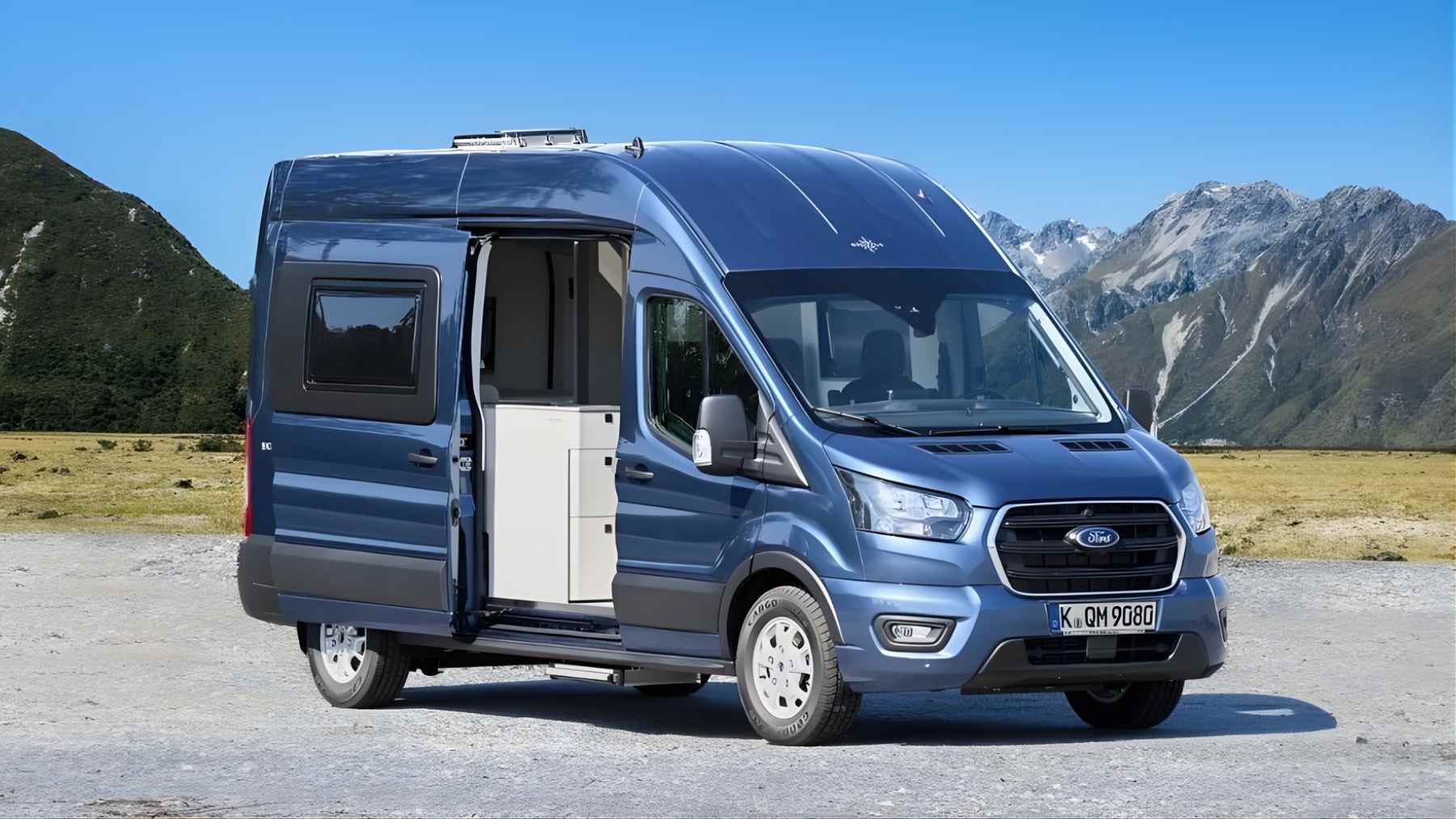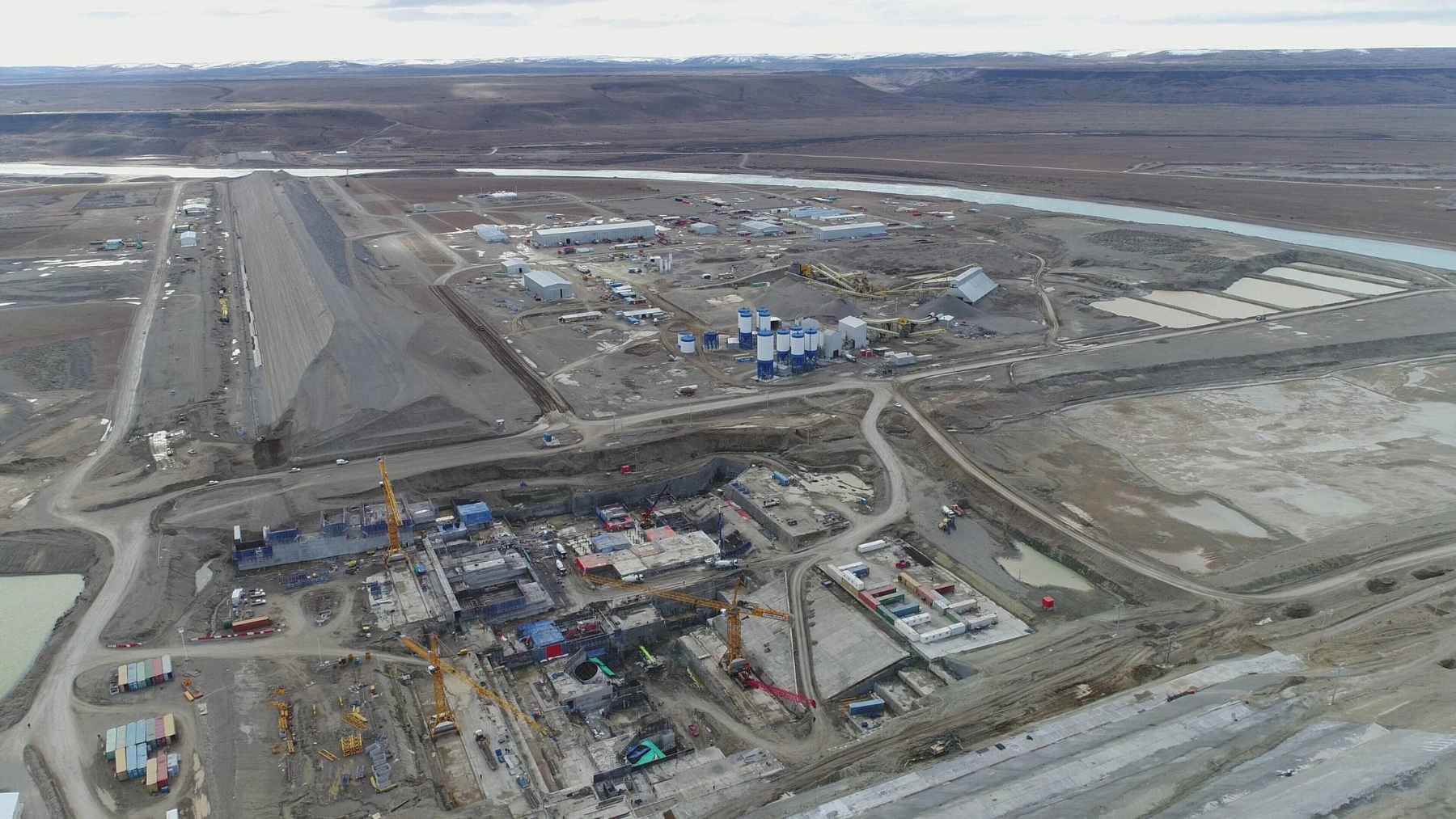New rules are set to take effect in this state regarding procedures for obtaining a commercial driving license. Generally speaking, when it comes to news regarding driver’s licenses, most people are only interested in those pertaining to a passenger vehicle license, as these are the most abundant types of vehicles drivers drive on the roads. However, there are many types of vehicles on the road, each with its own license requirements, which are subject to change from local and federal authorities.
The difference between a commercial and passenger vehicle license
The biggest differences between these two licenses are that they grant you legal clearance to drive different types of vehicles. A passenger vehicle license allows you to drive Class-D rate vehicles, allowing you to operate personal vehicles. To obtain this license, you do not need to have specialized training beyond the standard written and road tests. Regarding restrictions for these licenses, these are generally limited to vision requirements, age requirements, and renewal requirements.
Commercial driving licenses, on the other hand, are needed to operate heavy-duty vehicles, categorized as Class-A, Class-B, and Class-C vehicles. The difference between these types of vehicles is as follows:
- Class-A: For operating tractor-trailers and combination vehicles.
- Class-B: For single vehicles over 26,001 lbs.
- Class-C: For vehicles designed to carry 16+ passengers or those transporting hazardous materials
To receive a license to operate one of these vehicles, you need to pass additional road tests and written exams. Additionally, these licenses are subject to stricter federal standards and medical and safety procedures.
States tighten commercial driving license requirements
Recently, new legislation from the Department of Transportation is set to go into effect, which will dramatically restrict who is legally allowed to acquire a commercial driving license to operate these heavy-duty vehicles, with the Department threatening the cutting of highway funding for local state governments should they not comply.
In an official statement from the US Department of Transportation, the Department describes the following:
“Moving forward, non-citizens will not be eligible for a non-domiciled CDL unless they meet a much stricter set of rules, including an employment-based visa and undergoing a mandatory federal immigration status check using the SAVE system.”
From the end of September, states will no longer be allowed to issue non-domiciled licenses indefinitely until they can comply with the new restrictions.
“Current federal regulations are allowing dangerous, unqualified drivers on American roadways,” said U.S. Transportation Secretary Sean P. Duffy. “This means that, even when the rules are being followed, dangerous individuals who shouldn’t be near a big rig are getting behind the wheel and causing crashes on our roadways.”
Other widespread changes for licenses are coming soon
The tighter standards for the issuing of commercial driving licenses coincide with the enforcement of the REAL-ID verification deadline, whereby drivers are seeing a tightening of national security and identification. Other changes, however, on top of these new federal standards regarding driving licenses include the expansion of digital licenses across states, as well as the expansion of online driver’s license renewal systems.
Recently, North Carolina passed legislation that will permit drivers to renew their license online, unless they are in possession of a REAL-ID. This expansion of online renewal systems is not only a means to keep up with the times, whereby we are existing in an increasingly digitalized world, but is also to reduce wait times and bureaucratic procedures at DMVs. Often, these lengthy in-person procedures deter drivers from renewing their licenses at all. By streamlining these processes by moving them online, it ensures that all drivers are carrying a valid driver’s license that is not expired and is legally compliant.

